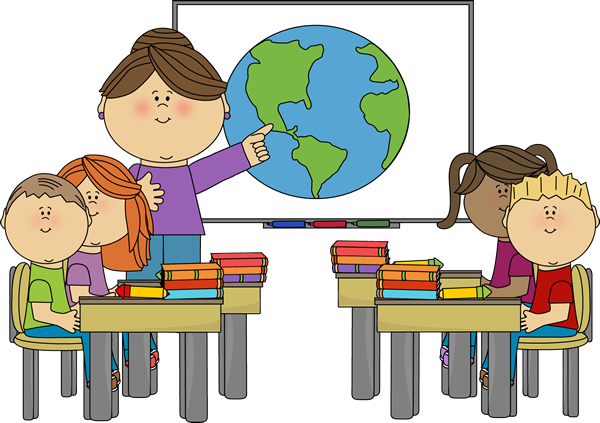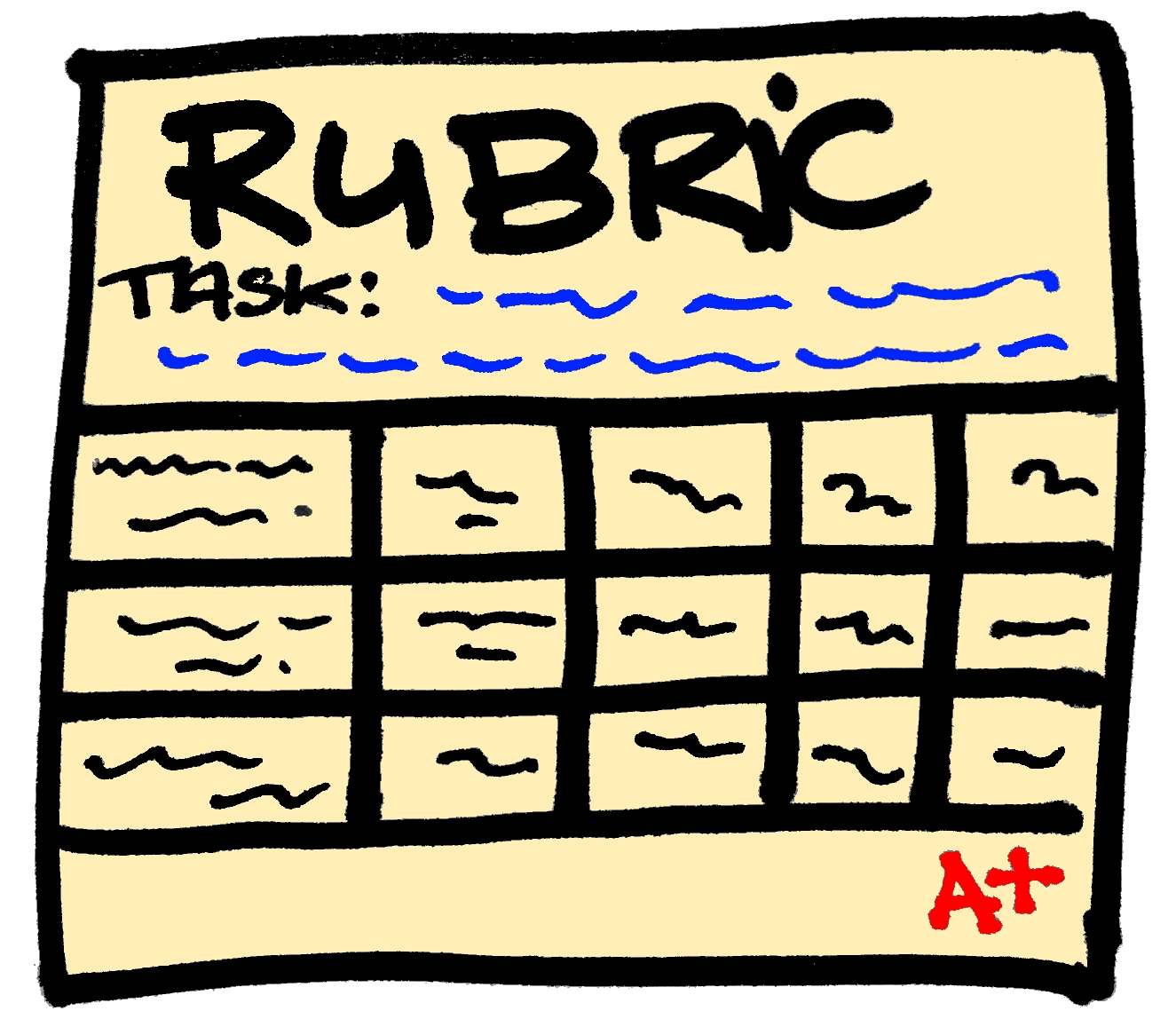Search Engines
By: Chelsea Powers

1.
Bing
Bing is an Internet search engine powered by Microsoft. Using Bing is much like using other search engine., You can enter one or more keywords into the search field to find web pages that mention the keywords or phrase you have entered. On Bing, you can perform a keyword search for articles, images, videos, news, shopping websites, and more. You can also enter specific commands with your keywords into the search field to narrow your search results.
2.
Ask
Ask.com is a question answering-focused web search engine.
3.
yahoo
Yahoo! is an Internet portal that incorporates a search engine and a directory of World Wide Web sites organized in a hierarchy of topic categories. As a directory, it provides both new and seasoned Web users the reassurance of a structured view of hundreds of thousands of Web sites and millions of Web pages. It also provides one of the best ways to search the Web for a given topic.
4.
Kayak
Search one and done!! This website is a search engine that lets you search multiple discounted hotel rooms, airline flights, vacation getaways, and much more.
5.
dogpile
Each search engine has its own method of searching and each will return different results. Dogpile looks at all of them, decides which are most relevant to your search, eliminates duplicates and reveals them to you. At last, you get a list of results more complete than anywhere else on the Web.
6.
wikipedia
Wikipedia is a free encyclopedia, written collaboratively by the people who use it. It is a special type of website. Many people are constantly improving Wikipedia, making thousands of changes per hour
7.
wolframalpha
Wolfram is an engine for computing answers and providing knowledge. It works by using its vast store of expert-level knowledge and algorithms to automatically answer questions, do analysis, and generate reports
8.
youtube
Youtube is said to be the second largest search engine. If you don't know how to do something just Youtube it.
Resources: All the above








